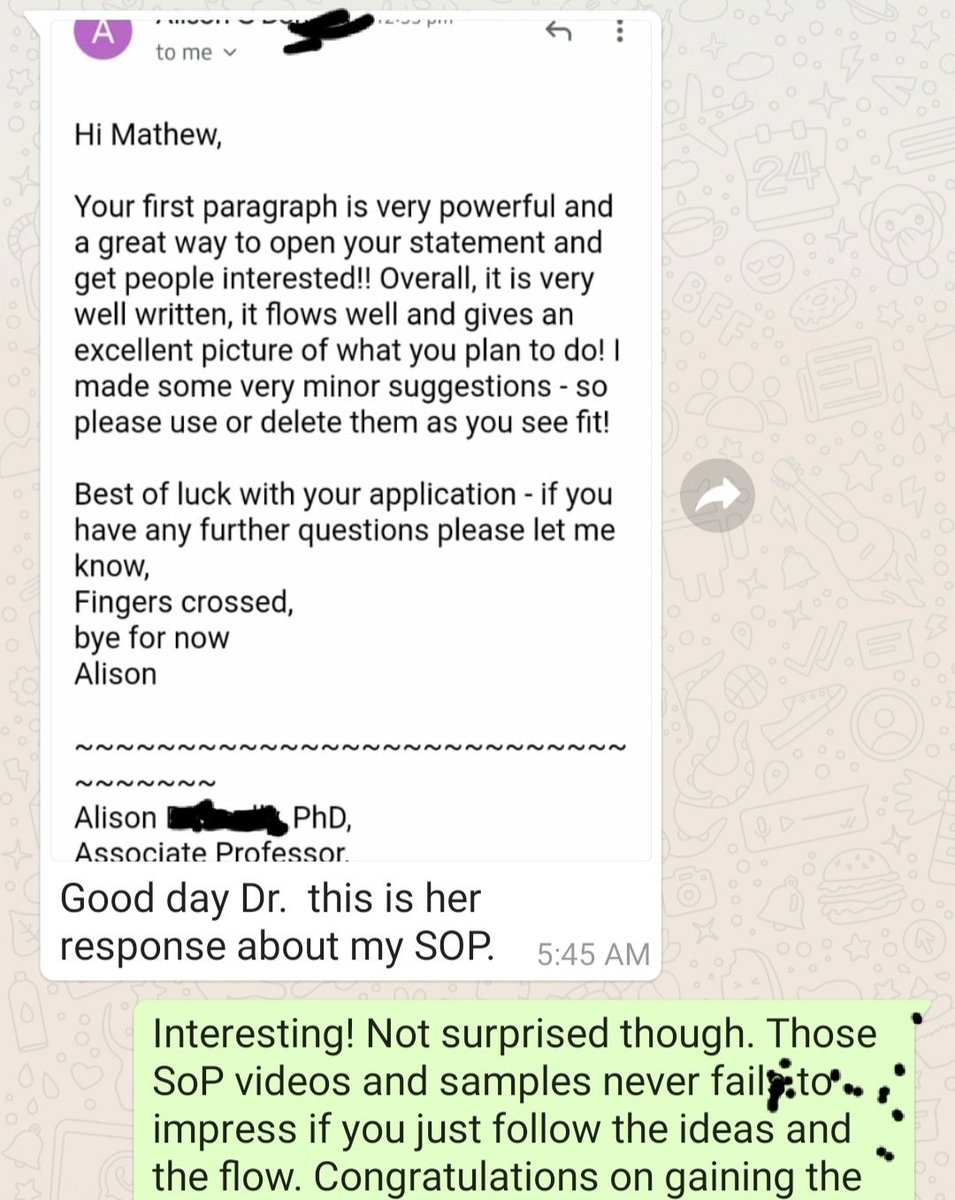
We are very pleased to have Dr. Sombo Muzata join the team at Bestman Academy as our Senior Partner.
As a Non-STEM student, she earned the self-sponsored EB-1A path to permanent residency in the USA (aka Einstein visa 😁).
A short bio and how she will help Non-STEM scholars:
As a Non-STEM student, she earned the self-sponsored EB-1A path to permanent residency in the USA (aka Einstein visa 😁).
A short bio and how she will help Non-STEM scholars:

Dr. Sombo Muzata @ChundaSombo has a Ph.D. in Public Policy and Administration (2021) from Virginia Commonwealth University (VCU).
She is an international development expert, a trained accountant, and a Fellow of the Association of Chartered Certified Accountants (ACCA).
She also holds an MBA with a specialization in Strategy.
For her U.S Permanent resident application, Dr. Muzata carefully built her evidence as a student and went for the EB-1A- a highly conserved path for people with extraordinary ability.
For her U.S Permanent resident application, Dr. Muzata carefully built her evidence as a student and went for the EB-1A- a highly conserved path for people with extraordinary ability.
Dr. Muzata got her EB-1A approval before her PhD graduation!
On this platform, Dr. Muzata will be our expert on Non-STEM opportunities and how we can strategize for the self-sponsored green card paths (EB-1A and NIW) as a Non-STEM scholar in the USA.
On this platform, Dr. Muzata will be our expert on Non-STEM opportunities and how we can strategize for the self-sponsored green card paths (EB-1A and NIW) as a Non-STEM scholar in the USA.
She has so much experience to share, but first, she is developing a comprehensive resource that will teach us HOW TO BUILD EVIDENCE for the self-sponsored green card paths as a non-STEM student.
Find out more and pre-register here: bit.ly/3I8nmgt
Find out more and pre-register here: bit.ly/3I8nmgt
STEM students may get started here: niw.bestmanacademy.com/courses/gettin…
Welcome aboard, Dr. @ChundaSombo 🤝
Follow @bestman_academy for tips for top grad schools positions and self-sponsored permanent residency in the USA.
Follow @bestman_academy for tips for top grad schools positions and self-sponsored permanent residency in the USA.
• • •
Missing some Tweet in this thread? You can try to
force a refresh




